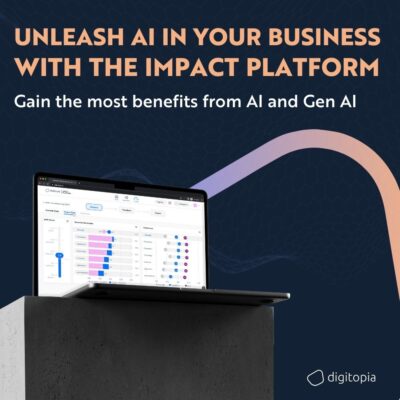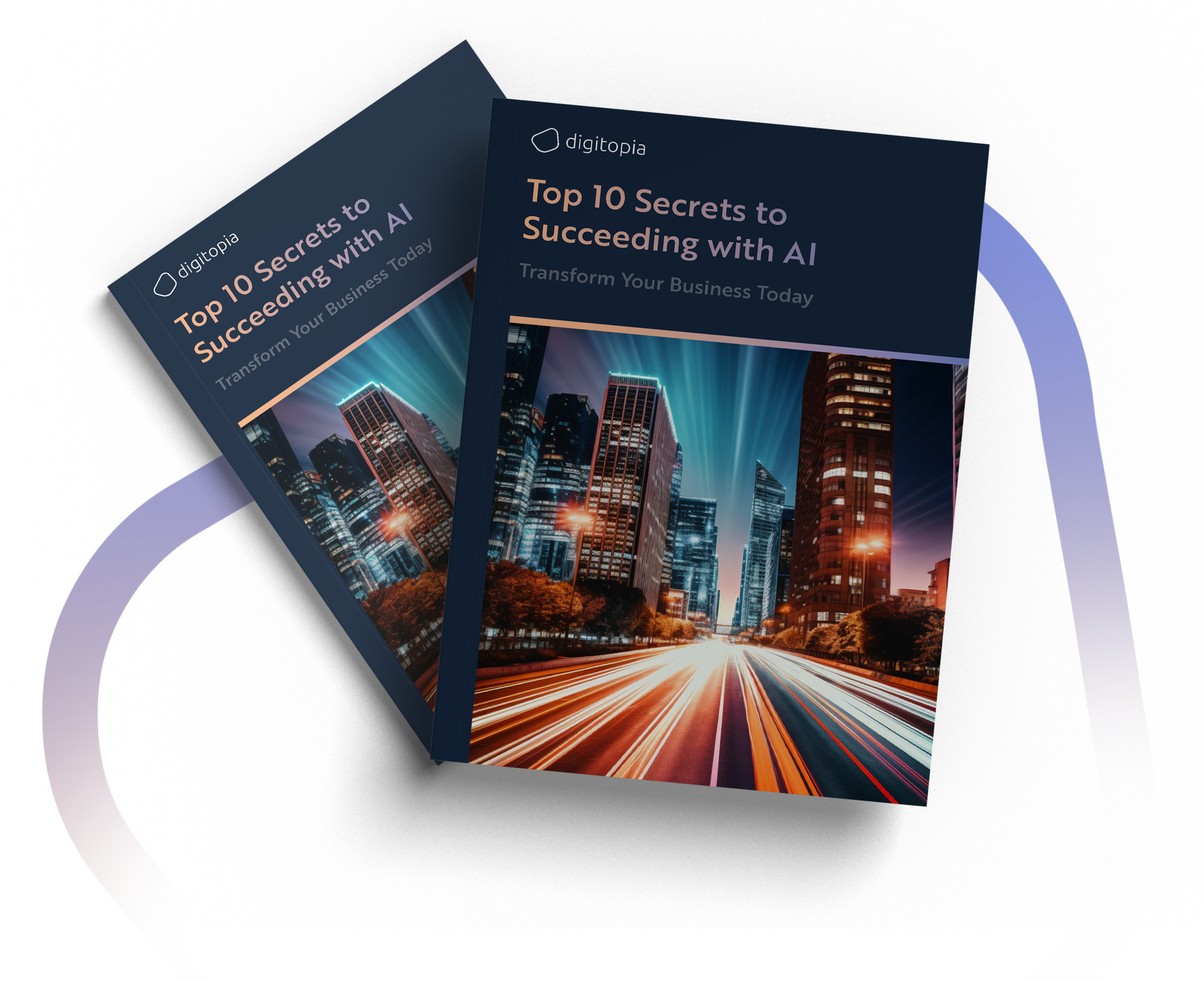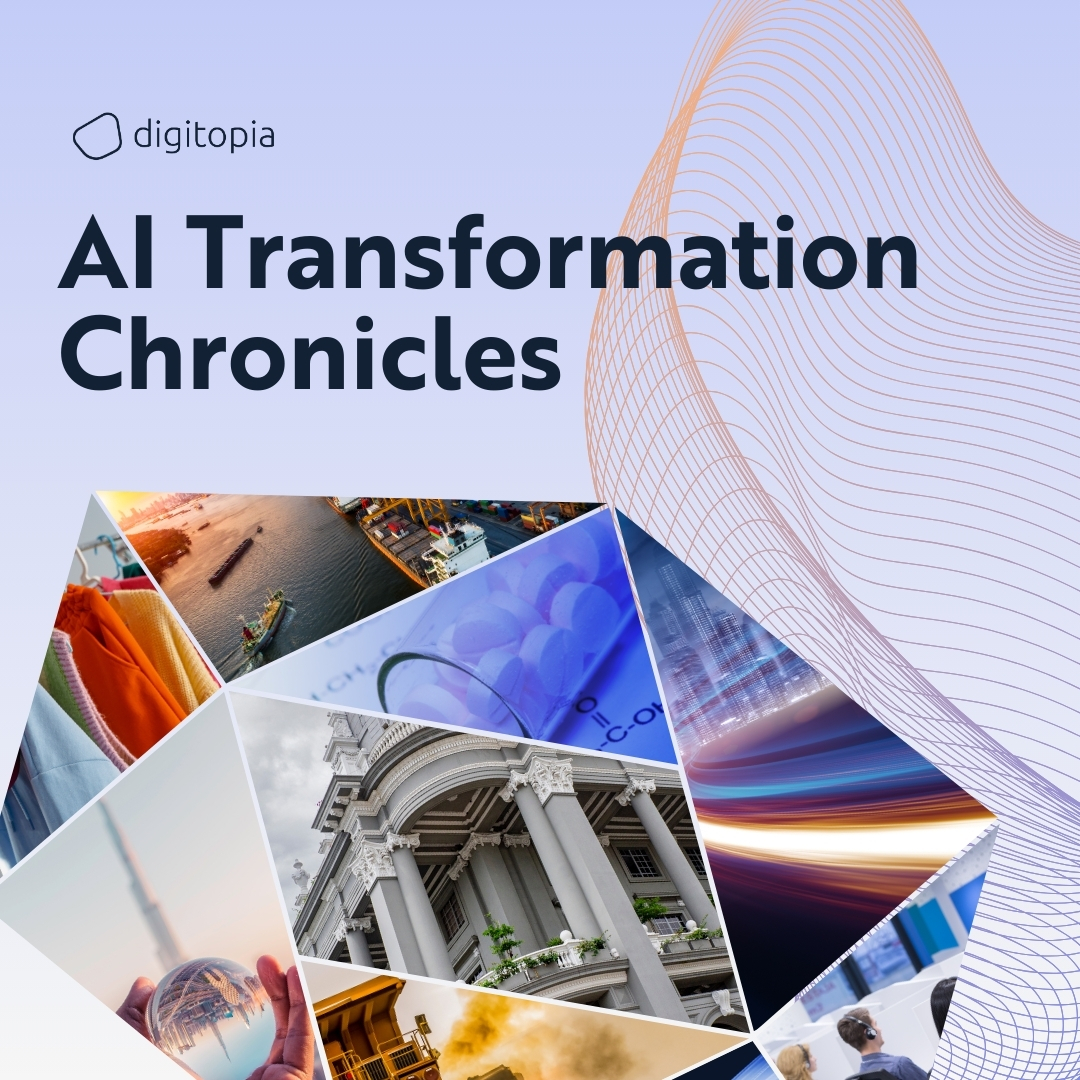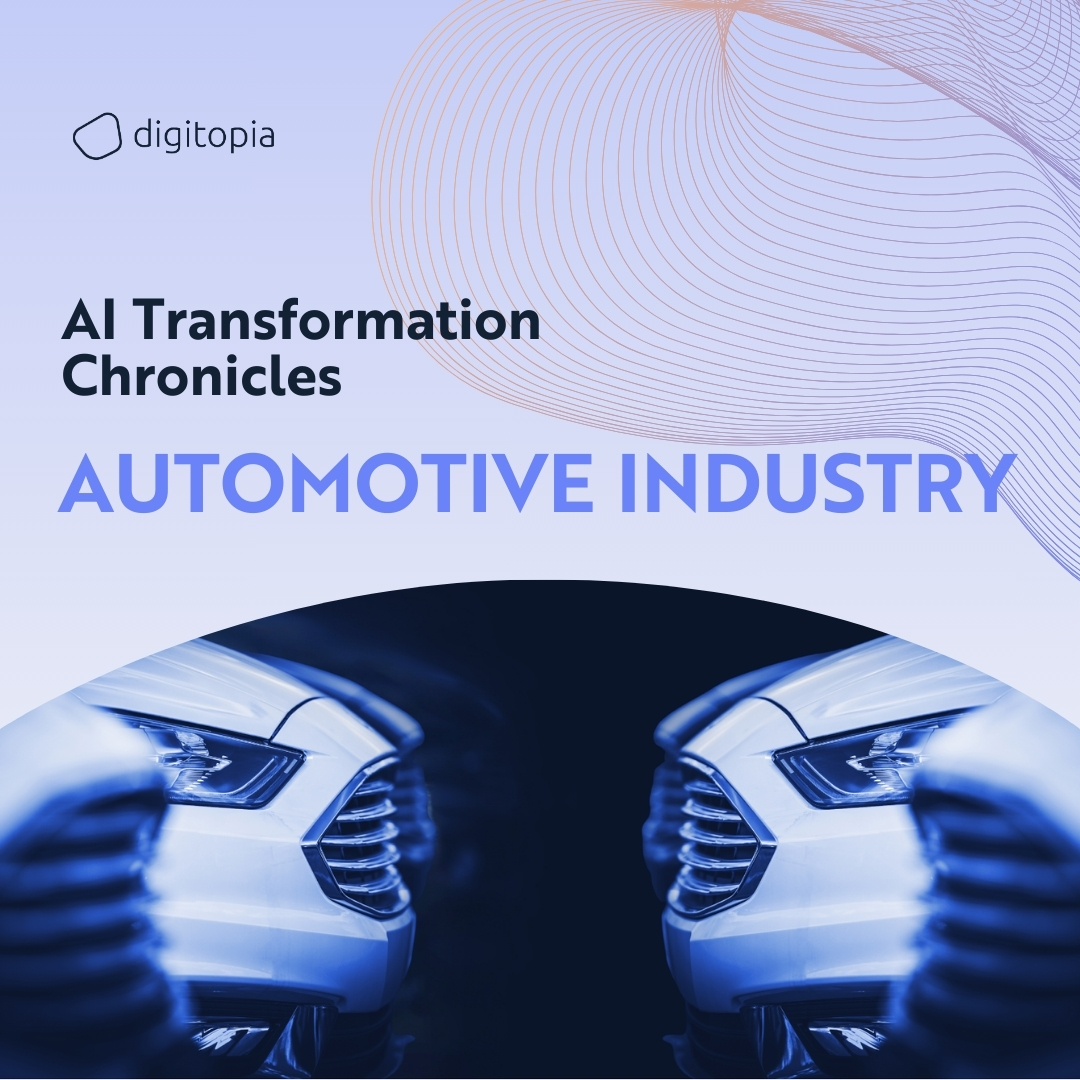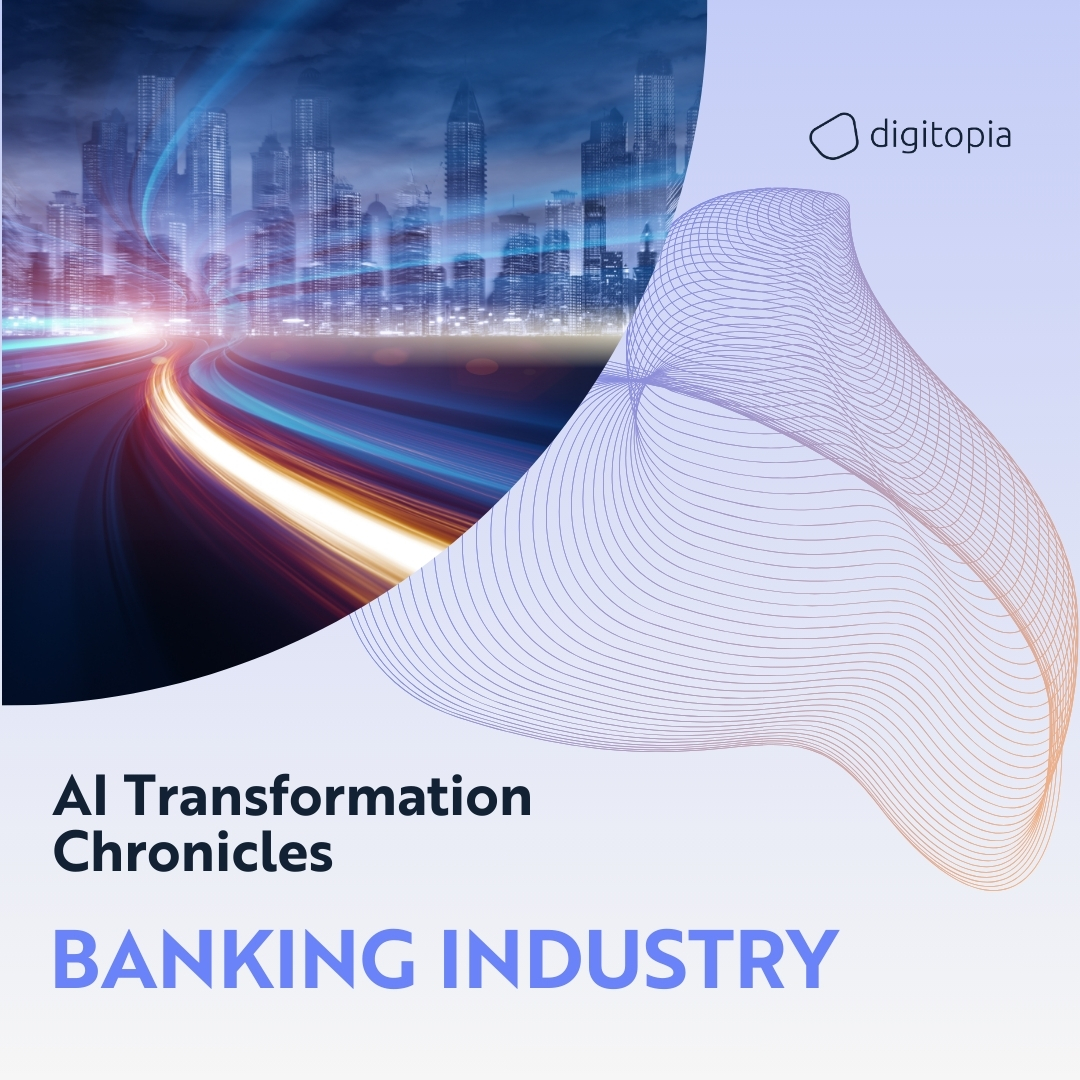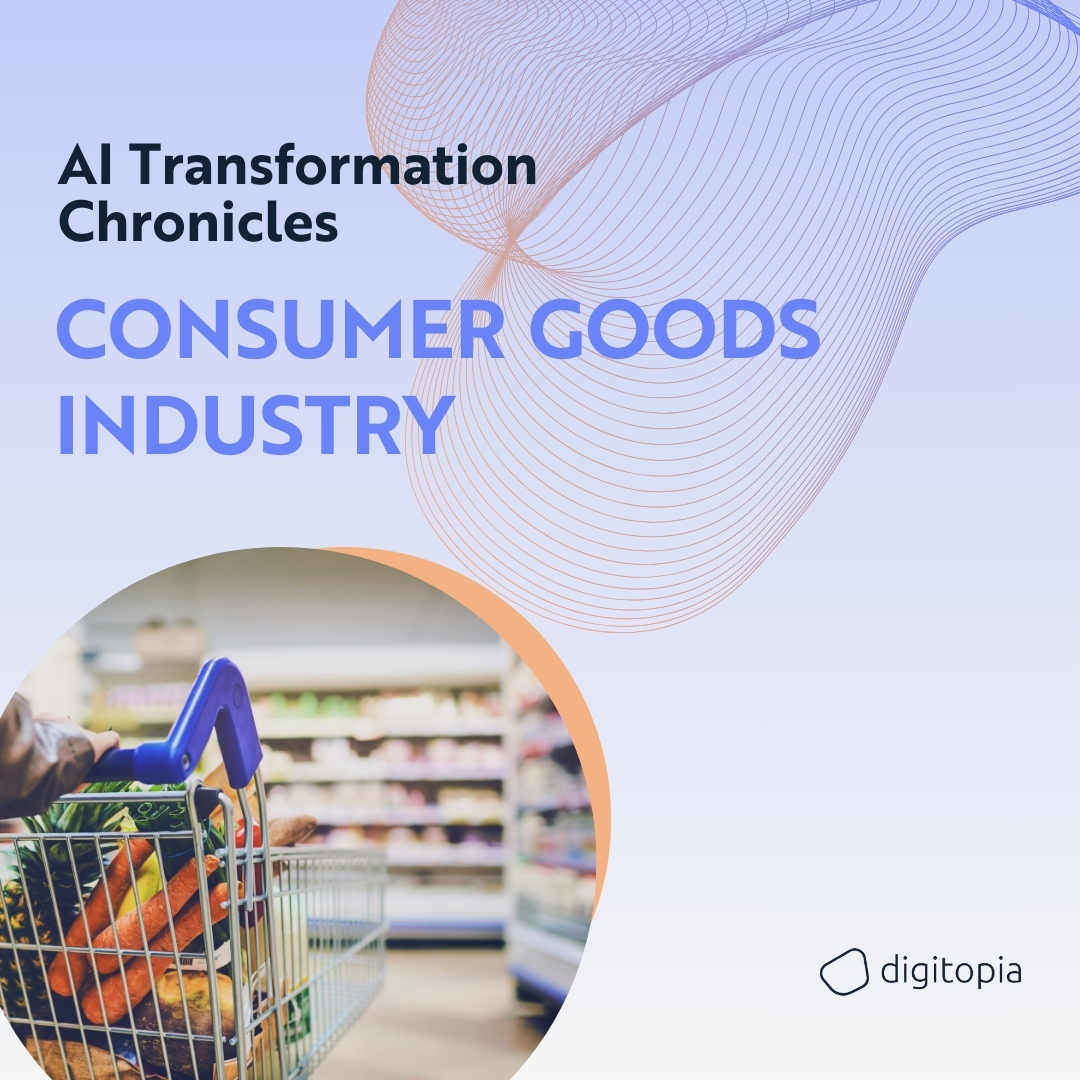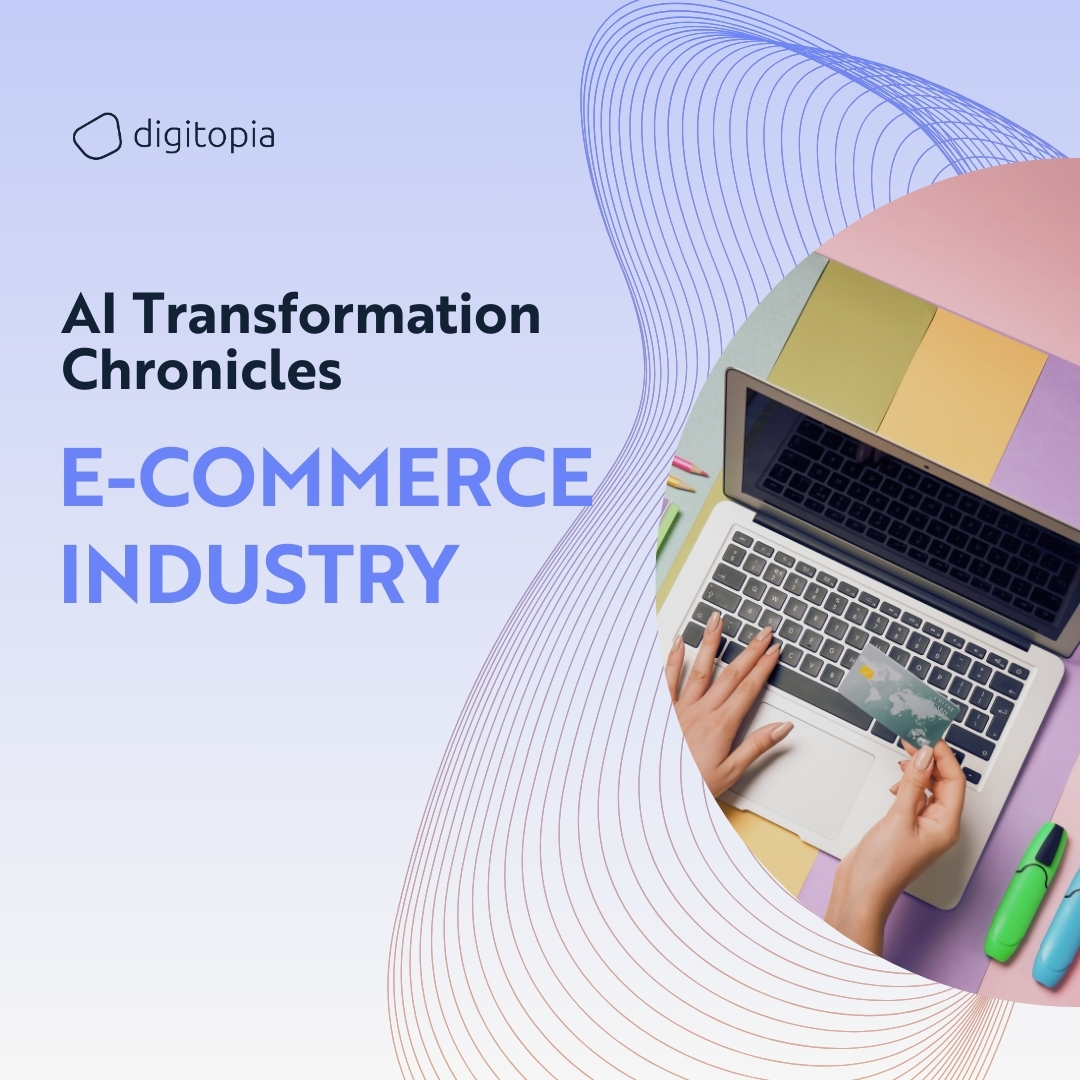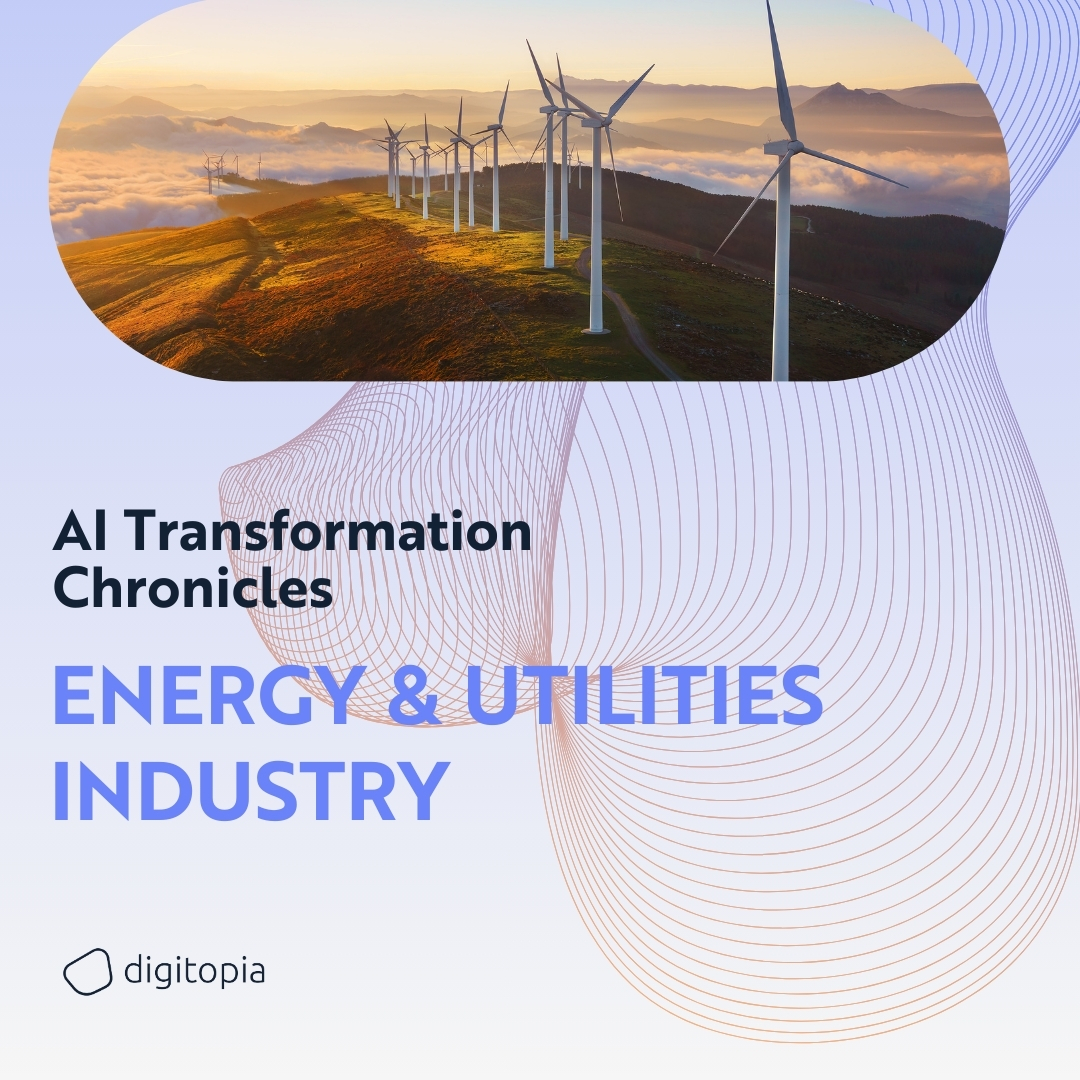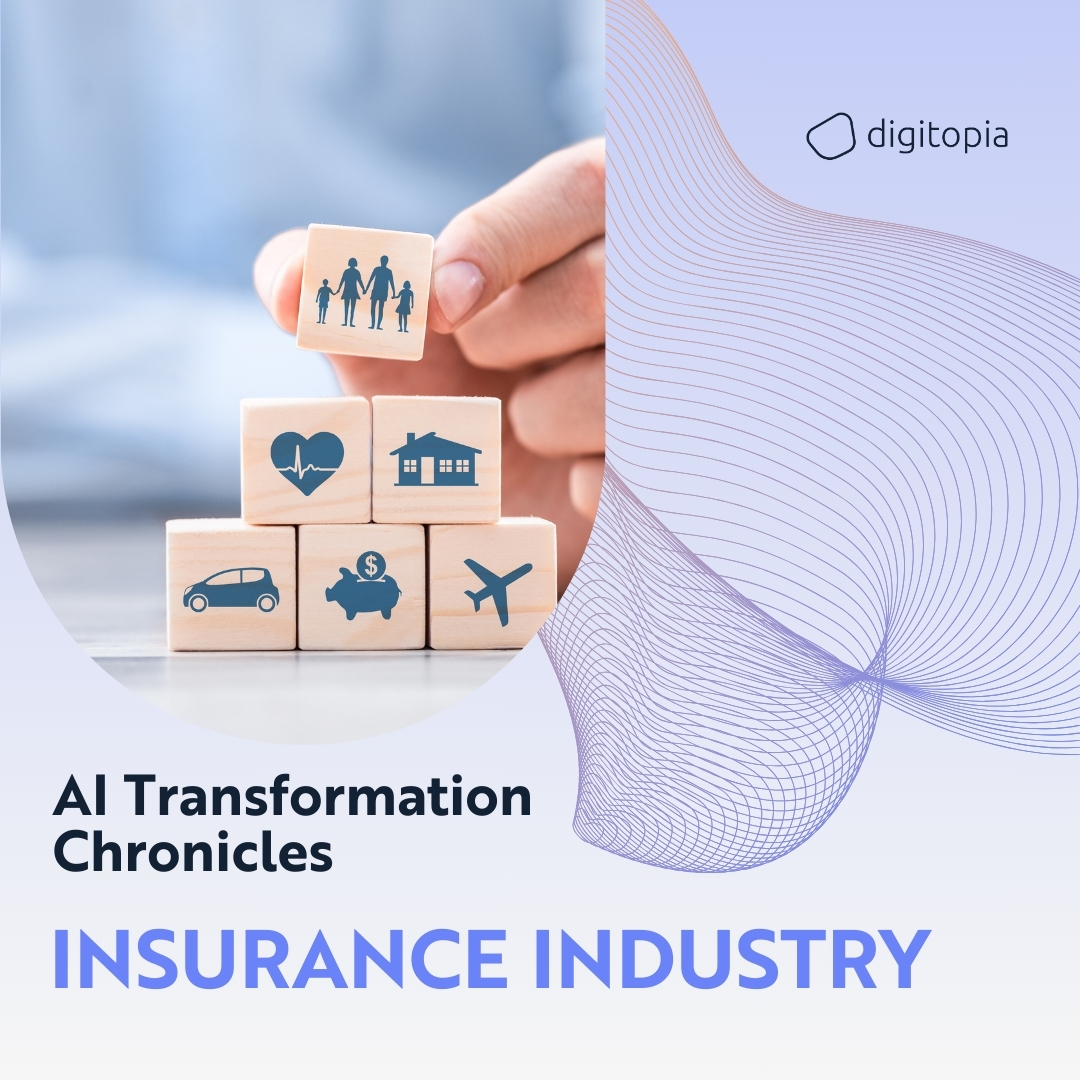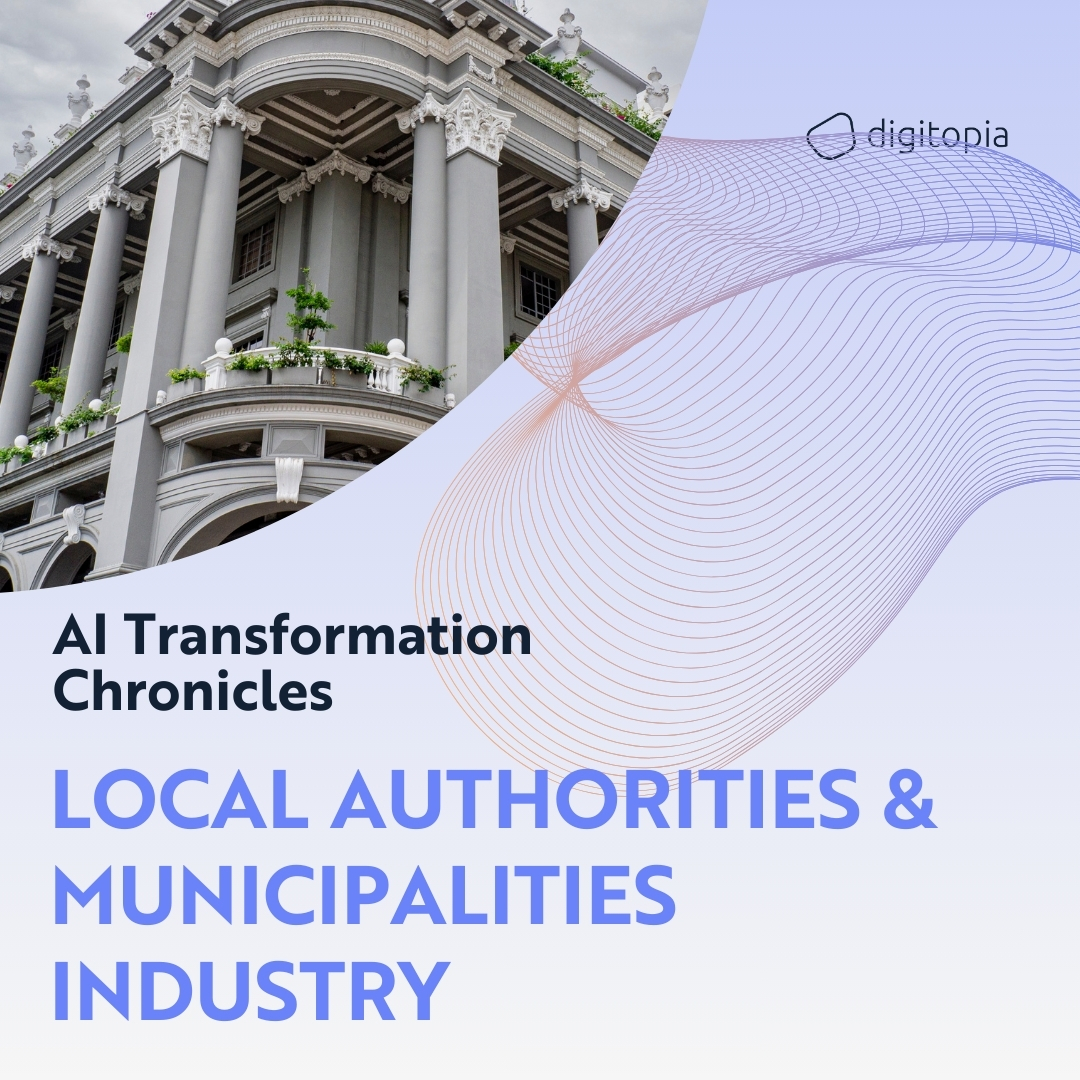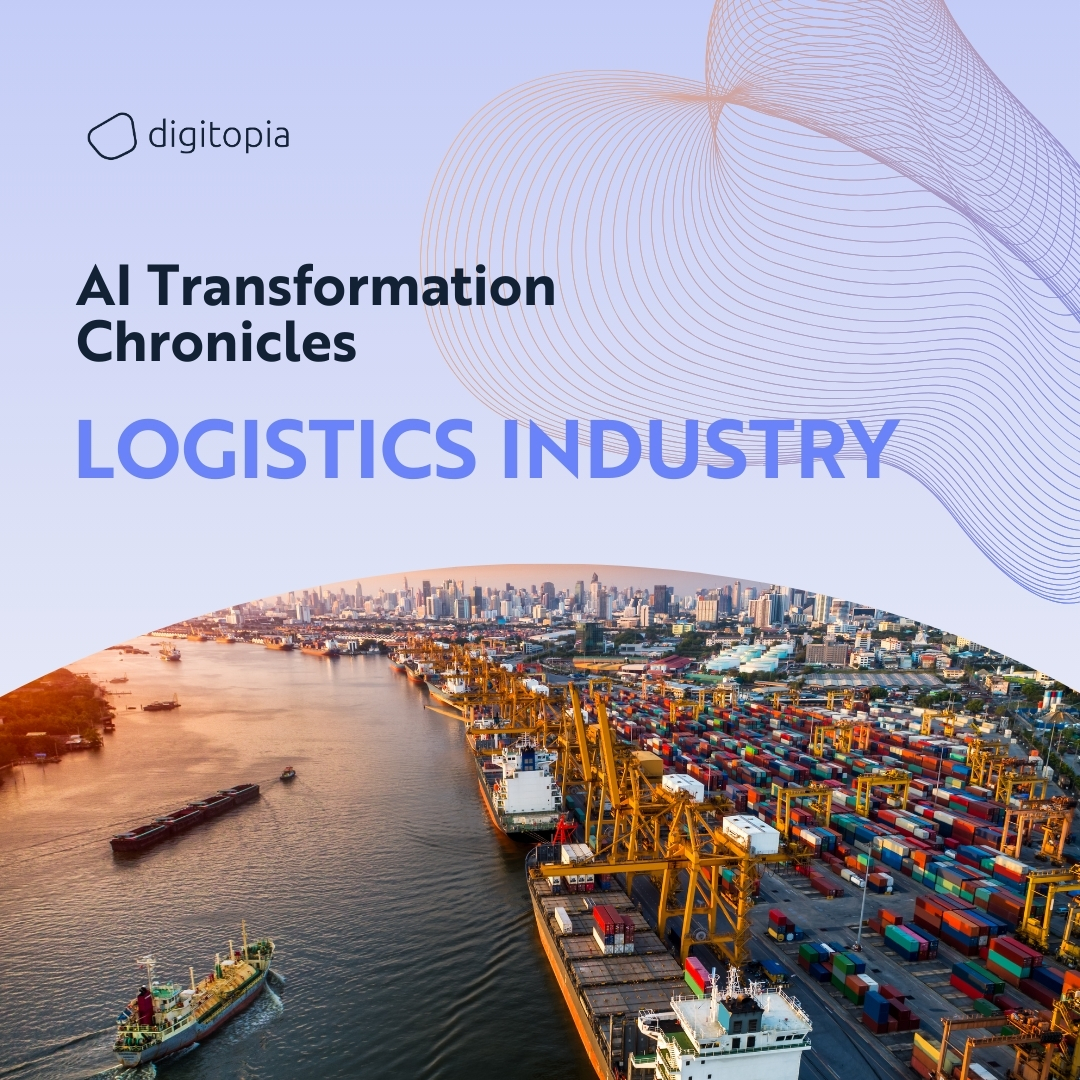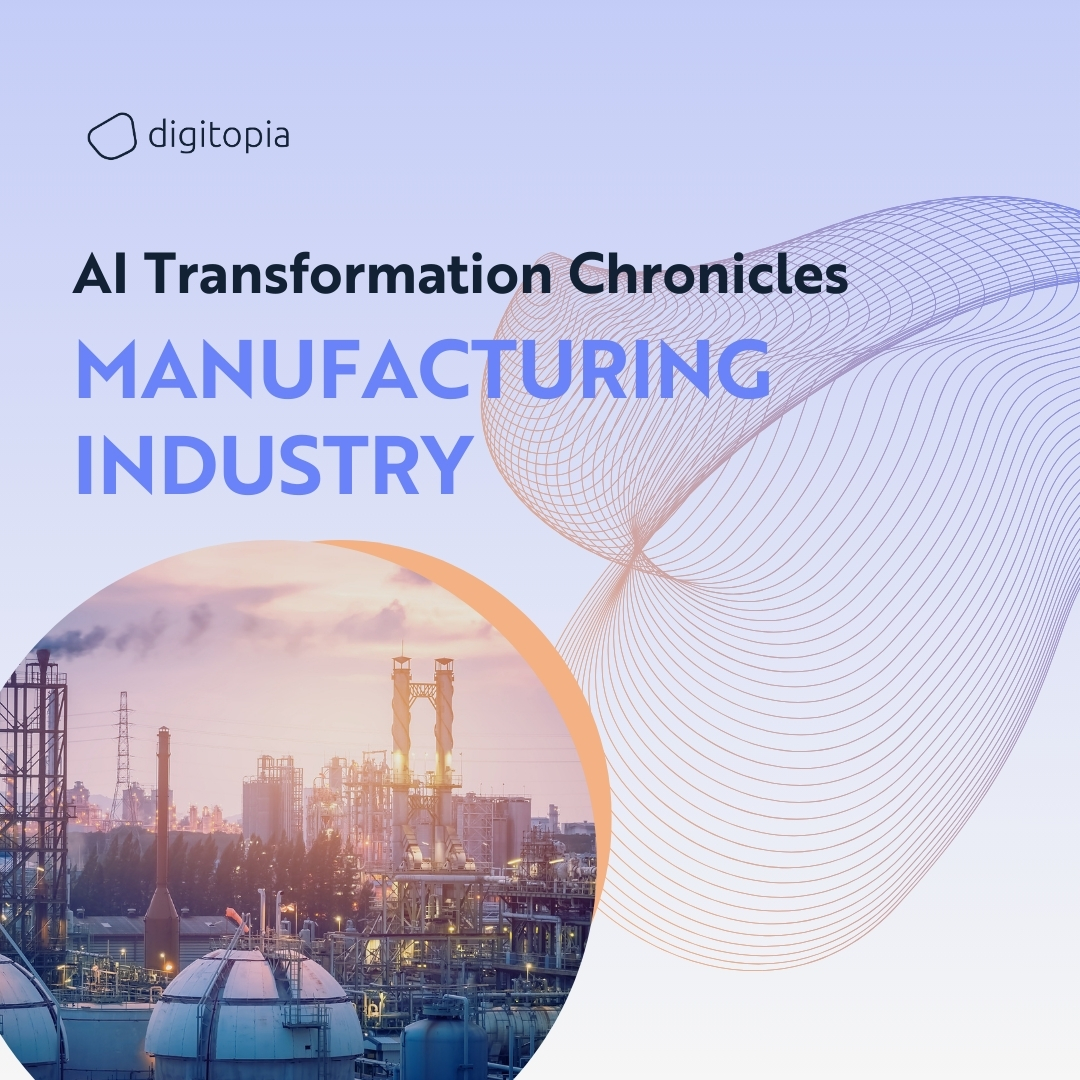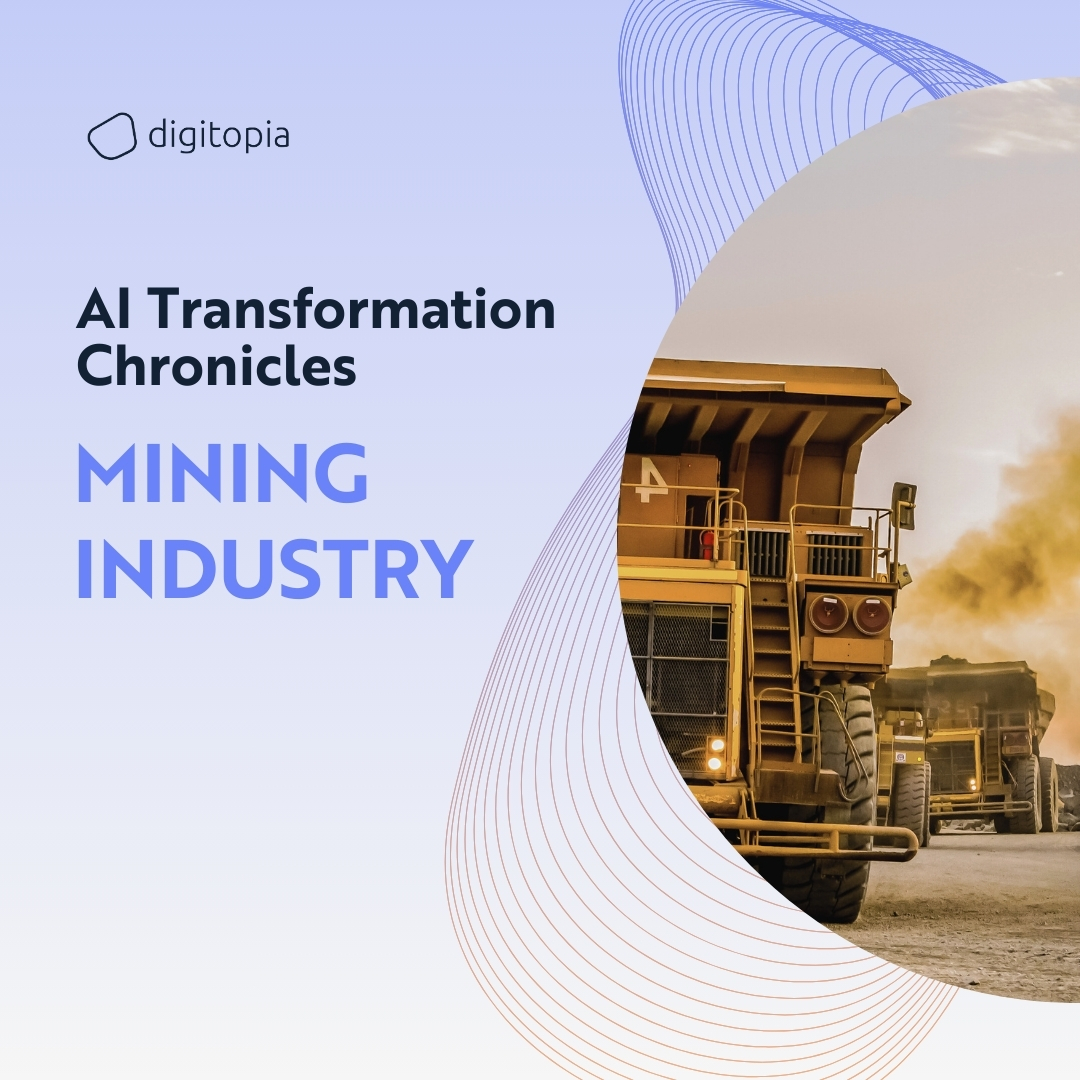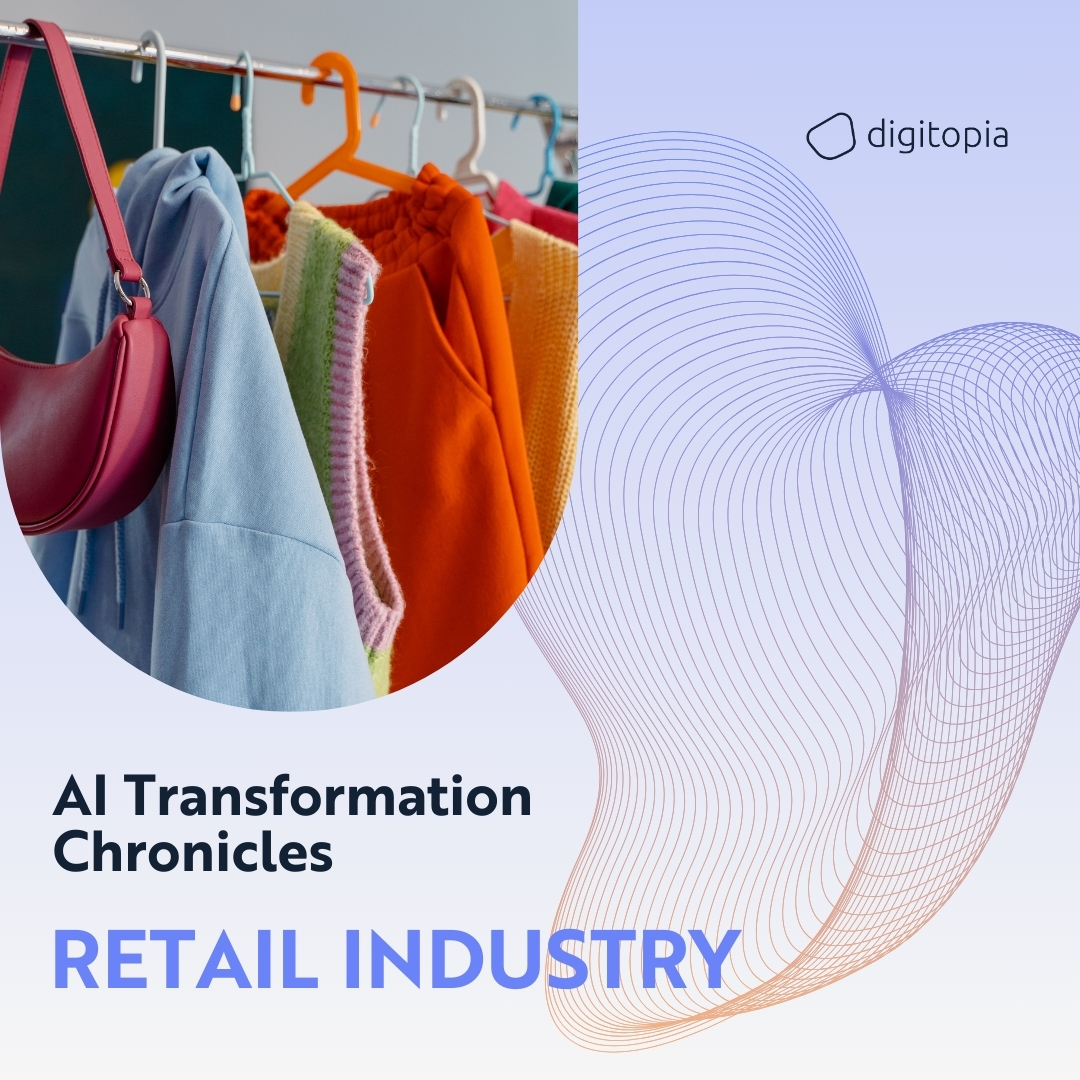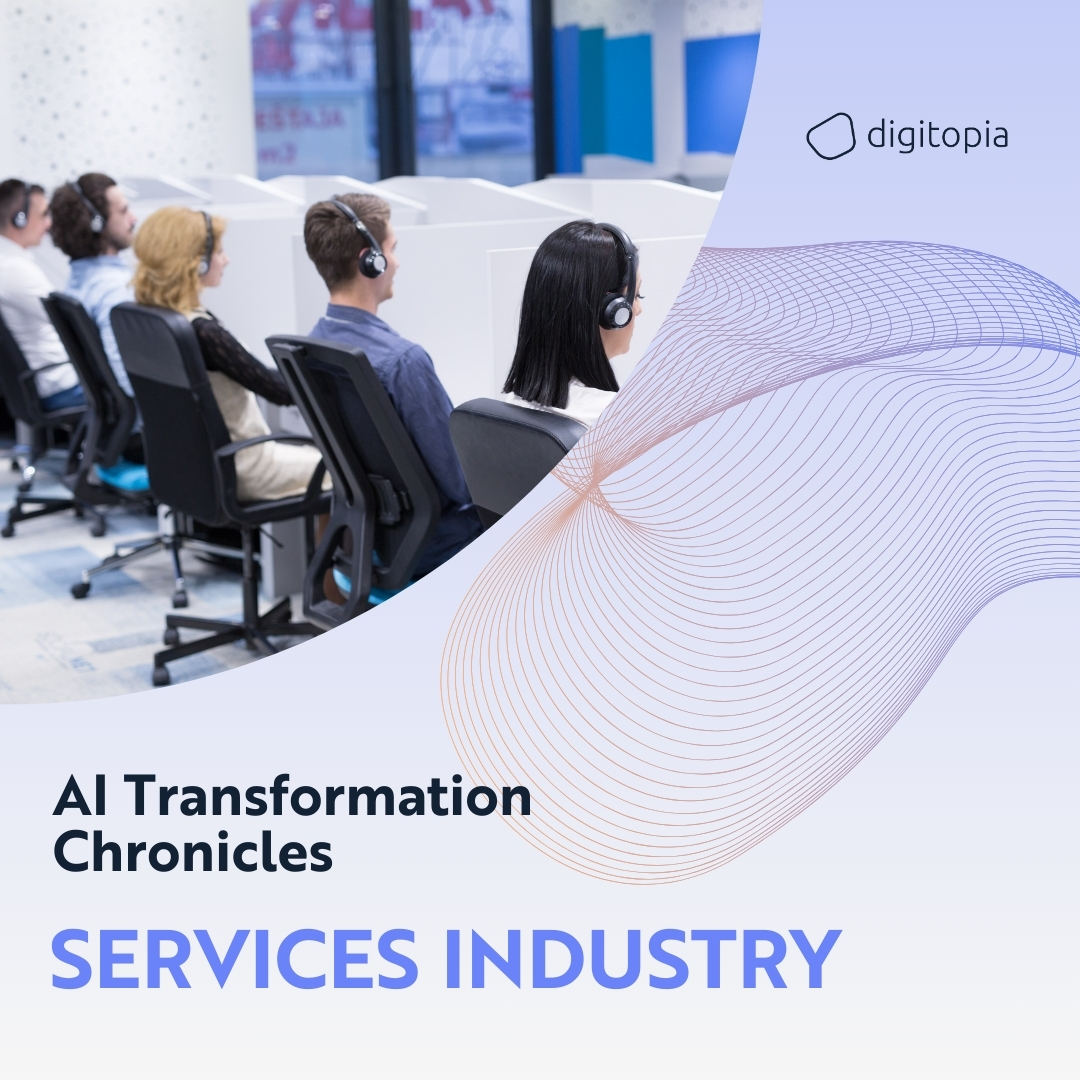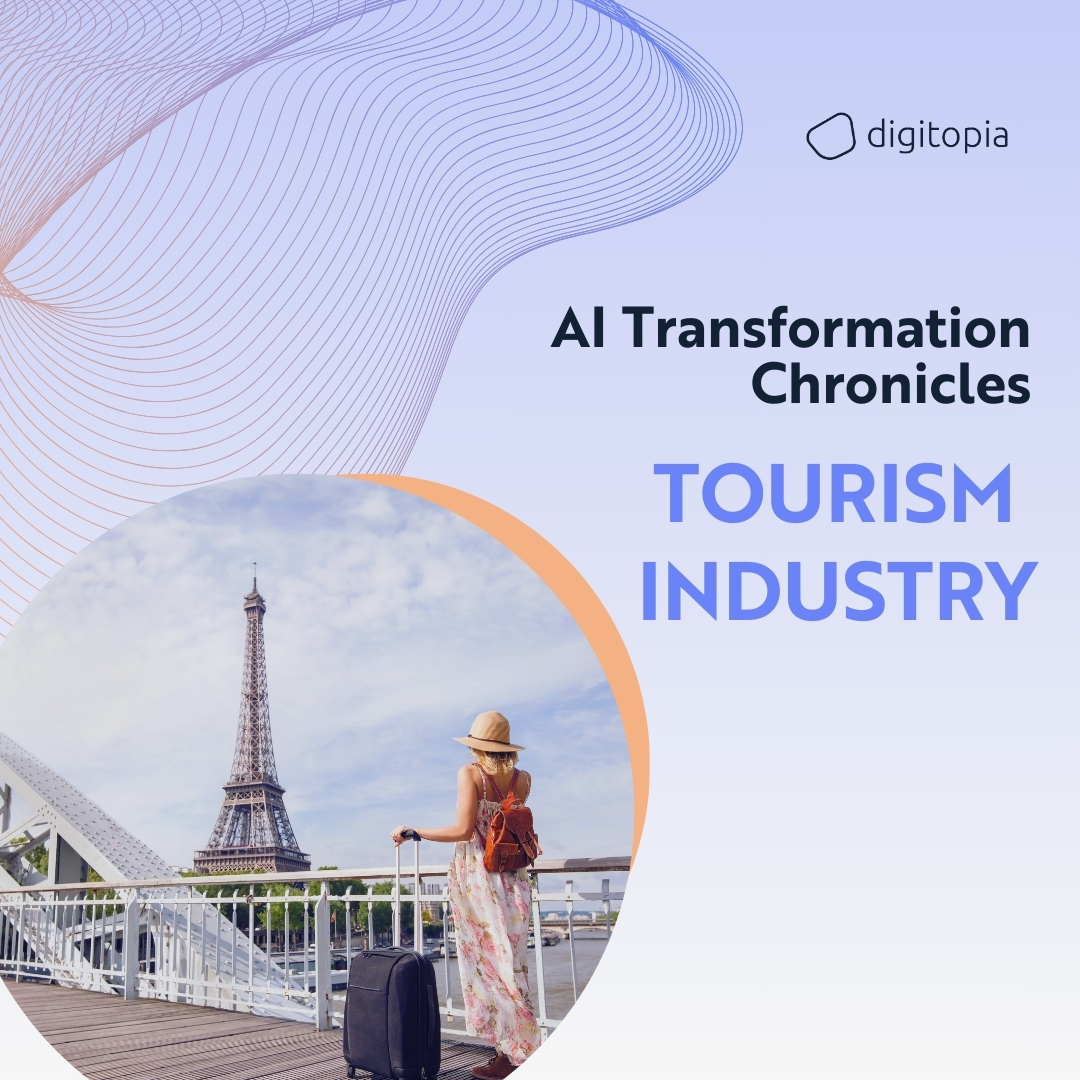
Artificial Intelligence (AI) is no longer a futuristic concept; it is a critical driver of transformation across all industries. The urgency for businesses to adopt AI is paramount as it offers unparalleled opportunities for innovation, efficiency, and competitive advantage. This series, “AI Transformation Chronicles,” delves into the impact of AI on 15 diverse industries, exploring key use cases and providing strategic recommendations to harness the full potential of AI.
The Urgency of AI Adoption
The rapid advancements in AI technology are reshaping the business landscape, making it imperative for companies to integrate AI into their operations. AI enhances decision-making, automates routine tasks, and provides deep insights from vast amounts of data. For businesses to remain competitive and relevant, embracing AI is not just an option but a necessity.
Is Your Company Ready to Leverage AI’s Full Power?
Discover your company’s AI readiness and unlock new growth opportunities with our comprehensive AI Maturity Index solution.
Get started
Industry Snapshots
- Insurance: AI addresses misalignment among business units and risk departments by enhancing predictive analytics, fraud detection, and customer experience. The key is aligning leadership and executing high-value use cases with continuous improvement. Explore The Impact of AI on the Insurance Industry
- Banking: AI drives operational efficiency, risk management, and personalized customer services. Successful transformation hinges on leveraging vast data resources, agile execution of use cases, and fostering innovation. Dive into The Impact of AI on the Banking Industry
- Retail: Despite challenges in talent and resources, AI optimizes customer experience, operational excellence, and innovation in product and business models. Retailers must invest in talent development and strategic use case implementation. Discover The Impact of AI on the Retail Industry
- Manufacturing: AI optimizes production, supply chain, and product quality while enhancing customer and corporate excellence. Manufacturing companies need robust data infrastructure and continuous innovation. Learn about The Impact of AI on the Manufacturing Industry
- Logistics: AI transforms logistics operations through route optimization, predictive maintenance, and personalized customer services. Collaborative leadership and ecosystem partnerships are crucial for successful AI implementation. Explore The Impact of AI on the Logistics Industry
- Automotive: AI enhances manufacturing efficiency, customer service, and vehicle functionality, including self-driving technologies and smart integration. Automotive companies must focus on strategic use case execution and continuous measurement. Dive into The Impact of AI on the Automotive Industry
- Services: AI automates routine tasks and enhances service delivery in industries like law, consulting, and security. Overcoming traditional mindsets and investing in talent development are key to successful transformation. Learn about The Impact of AI on the Professional Services Industry
- Pharmaceuticals: AI accelerates drug discovery, optimizes clinical trials, and personalizes medicine. Pharmaceutical companies should align AI initiatives with business goals and invest in continuous improvement. Explore The Impact of AI on the Pharmaceuticals Industry
- Energy and Utilities: AI optimizes grid management, predictive maintenance, and renewable energy integration. Strategic planning and fostering a culture of innovation are essential for AI success in this sector. Dive into The Impact of AI on the Energy and Utilities Industry
- Consumer Goods: AI drives operational excellence, customer experience, and innovation in products and services. E-commerce companies need robust data infrastructure and agile methodologies for AI implementation. Learn about The Impact of AI on the Consumer Goods Industry
- Tourism: AI enhances guest experiences, optimizes operations, and personalizes services in hotels, tour operators, and travel agencies. Continuous improvement and ecosystem collaboration are vital for AI-driven success. Explore The Impact of AI on the Tourism Industry
- Local Authorities and Municipalities: AI supports smart city initiatives, resource management, and public safety. Strong leadership and continuous innovation are necessary for effective AI transformation in local governance. Dive into The Impact of AI on the Local Authorities and Municipalities Industry
- Telecom: AI optimizes network operations, enhances customer service, and drives innovation in telecom services. Focusing on data infrastructure and fostering a culture of continuous learning are key to success. Learn about The Impact of AI on the Telecom Industry
- E-commerce: AI personalizes shopping experiences, optimizes supply chain management, and enhances customer service. E-commerce companies should prioritize high-impact use cases and continuously measure progress. Explore The Impact of AI on the E-commerce Industry
- Mining: AI improves operational efficiency, safety, and sustainability in mining operations. Executive leadership and continuous improvement are critical for successful AI transformation. Dive into The Impact of AI on the Mining Industry
Recommendations for AI Transformation
Embracing AI is crucial for businesses aiming to stay competitive and drive innovation. Successfully integrating AI into business operations requires a strategic approach, robust data infrastructure, and a commitment to continuous improvement. The following recommendations provide a roadmap for harnessing the transformative power of AI across various industries, ensuring that companies can unlock AI’s full potential and achieve sustained success in a rapidly evolving market.
- Show Executive Leadership: Executives must lead AI initiatives by promoting a clear vision and strategy, securing resources, and fostering a culture of innovation.
- Harness Data and Talent: Invest in robust data infrastructure and develop AI expertise through training and recruitment. Encourage a data-driven culture and continuous learning.
- Identify and Execute High-Value Use Cases: Focus on AI projects that align with business objectives and deliver measurable value. Adopt agile methodologies for rapid development and iteration.
- Foster Ecosystem Collaboration: Build strong partnerships with technology providers, academic institutions, and industry consortia. Collaborate on innovative projects and share knowledge.
- Implement Continuous Measurement and Improvement: Use tools like the AI Maturity Index to assess AI capabilities, benchmark progress, and identify areas for improvement. Regularly review and refine AI strategies to ensure sustained success.
Learn More: Top 10 Secrets to Succeeding with AI
Our comprehensive ebook provides actionable insights, real-world case studies, and proven strategies to help you integrate AI into your operations and drive growth.
Download Now
The transformative power of AI is reshaping industries across the board, offering unprecedented opportunities for innovation and efficiency. By embracing AI and following these strategic recommendations, businesses can position themselves for long-term success in an increasingly competitive and dynamic market. The time to act is now—leverage the potential of AI to drive your industry forward.

